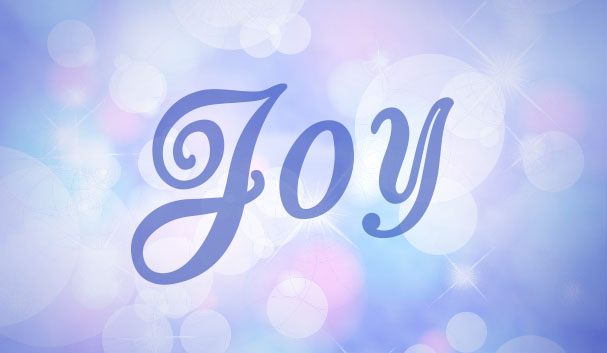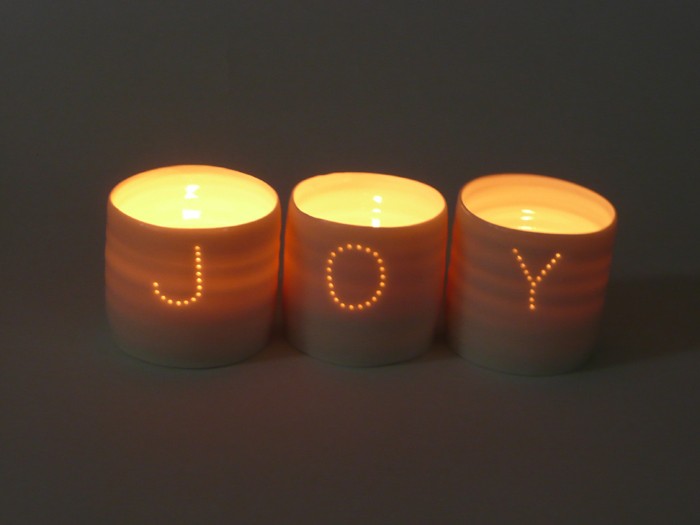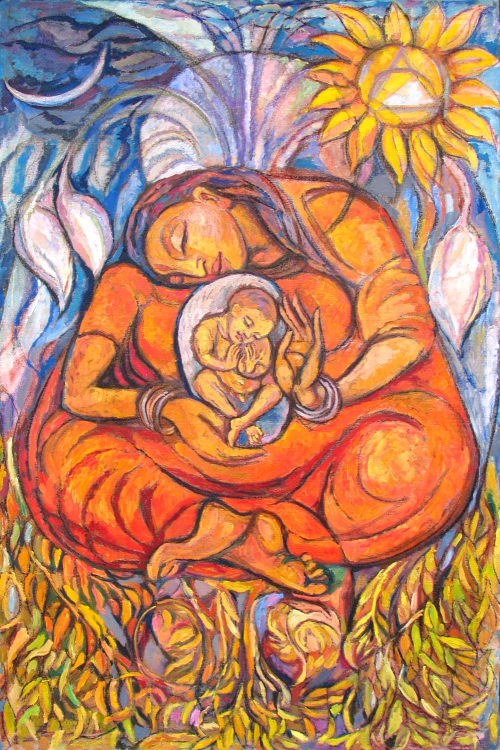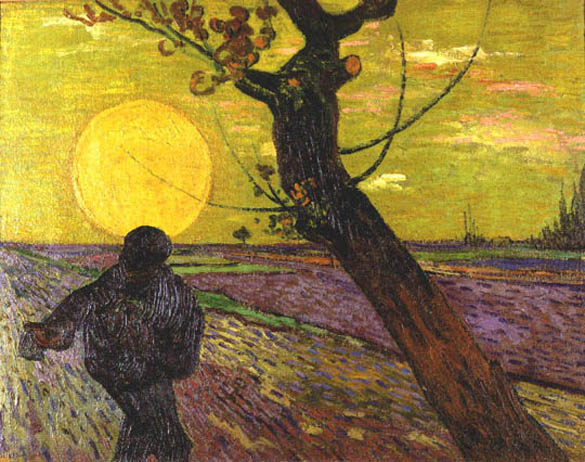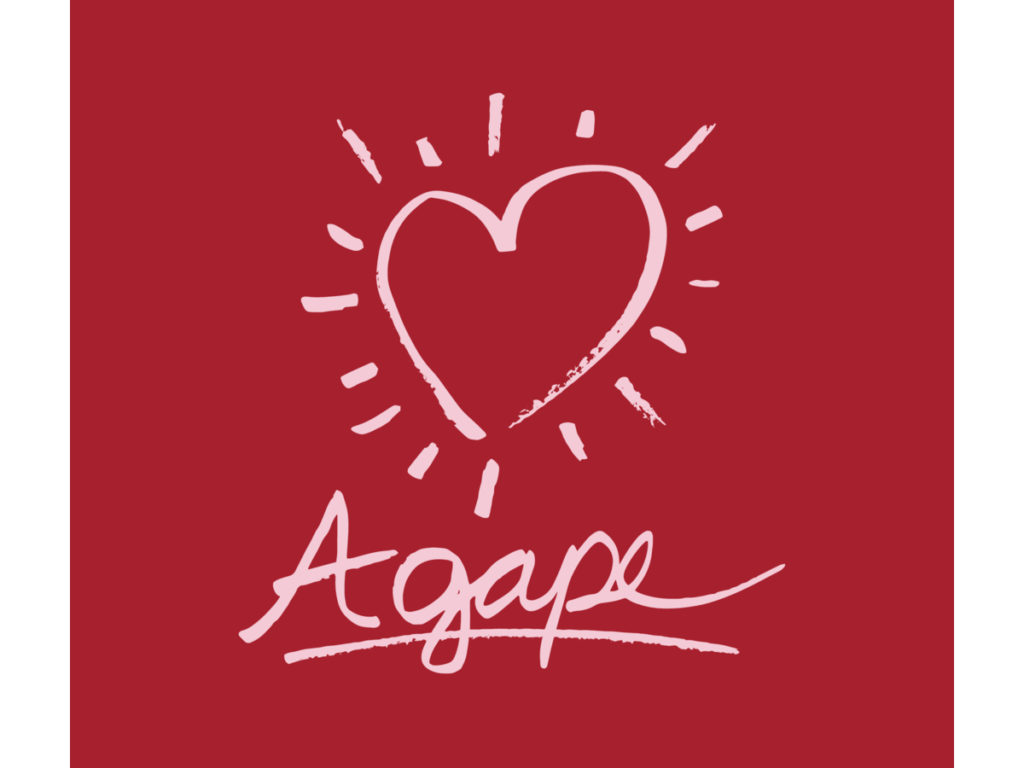JOY Daily Devotional: Advent 3 – Dec 20
Cultivate joy each day this week. December 20: Lasting Joy Scripture: John 15:11 –– I have said these things to you so that my joy may be in you and that your joy may be complete. Meditation: We are designed as children of God to experience joy and to reflect delight back to God and […]

